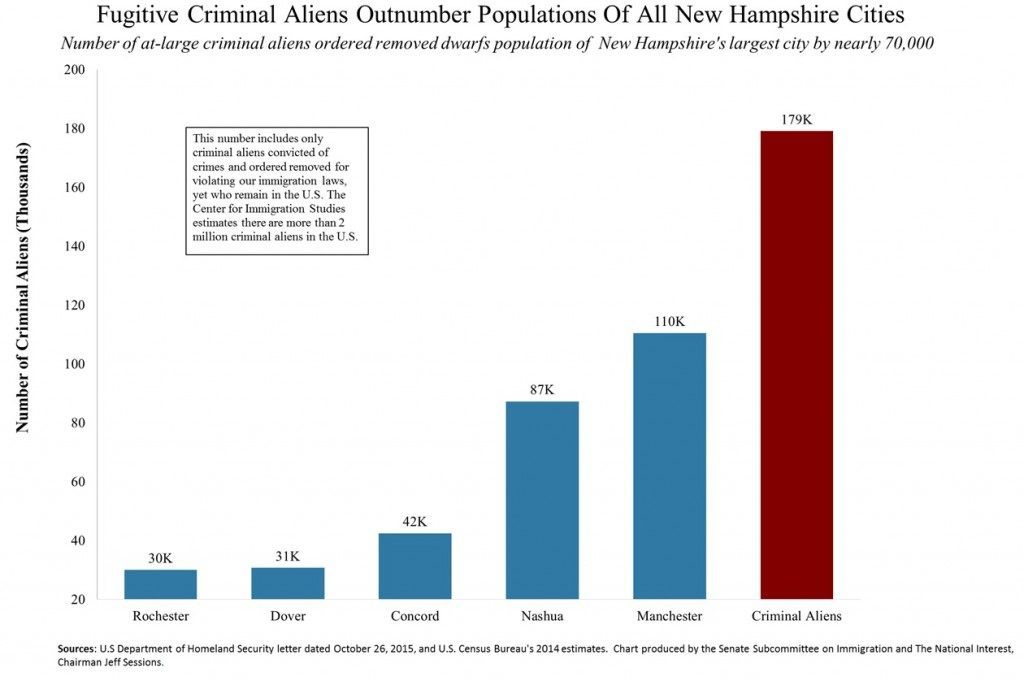Venezuela Is About to Go Bust
Nagel/ForeignPolicy: Venezuela’s economy is facing a tsunami of bad news. The country is suffering from the world’s deepest recession, highest inflation rate, and highest credit risk — all problems aggravated by plunging oil prices. Despite all its troubles, though, until now Venezuela has kept making payments on its $100-billion-plus foreign debt.
That is about to end. In recent days a consensus has emerged among market analysts:
Venezuela will have to default. The only question is when.
Venezuela will have to default. The only question is when.
A Venezuela meltdown could rock financial markets, and people around the world will lose a lot of money. But we should all save our collective sympathy — both the government in Caracas and the investors who enabled it had it coming.
In the last few years, the Venezuelan government has been steadfast about staying in good graces with its lenders. It has paid arrears on its debt religiously, and has constantly asserted that it will continue paying.
But it has neglected to implement the reforms Venezuela would need to improve the fundamentals of its economy. Its commitment to socialist “populism” and the complicated internal dynamics within the governing coalition have paralyzed the government. It has repeatedly postponed important reforms like eliminating its absurd exchange rate controls (the country has at least four exchange rates) or raising the domestic price of gasoline (the cheapest in the world by far). Instead, the government has “adjusted” by shutting off imports, leaving store shelves all over the country barren.
This strategy now seems unsustainable. According to various estimates, in 2015 Venezuela imported about $32 billion worth of goods. This was a marked drop from the previous year. This year, given current oil prices and dwindling foreign reserves, if Venezuela were to pay off its obligations — at least $10 billion — and maintain government spending, it would have to import close to nothing. In a country that imports most of what it consumes, this would ensure mayhem. That is why all analysts predict default in the coming months.
The Economist has joined the chorus, saying that “the government has run out of dollars.” In the words of Harvard professor Ricardo Hausmann, this will be “the largest and messiest emerging market sovereign default since the Argentine crisis of 2001.”
One of the reasons the coming default will be so messy is the many instruments involved, all issued under widely varying conditions. Part of the stock of debt was issued by PDVSA, Venezuela’s state-owned oil company, which owns significant assets overseas (For example, Citgo is 100 percent owned by the Venezuelan government). Another part of the debt was issued by the national government directly, while another big chunk is owed to China, under secretive terms.
The Chinese issue looms large. China’s loans to Venezuela — close to about $18 billion, according to Barclay’s – consist of short-term financing payable via oil shipments. As the price of oil collapses, Venezuela needs to ship more oil to China in order to pay them back. Barclay’s estimates that right now this is close to 800,000 barrels per day, leaving little more than a million barrels per day Venezuela can sell for cash.
A default will send ripples beyond Wall Street. Many people have been buying high-risk, high-return Venezuelan debt for years — from pension funds in far-off countries to small banks in developing ones. Most stand to lose their shirts. Yet the signs that this was unsustainable were there for all to see.
For years, Venezuela has had a massive budget deficit, sustained only by exorbitant oil prices. For years, analysts have been warning that the Venezuelan government would rather chew nails that allow the private sector to grow. And yes, a lot of that borrowed money was used to help establish a narco-military kleptocracy.
It is impossible to untangle the ethical implications of all of this. Lending Venezuela money is what business ethics professors talk about when they question “winning at someone else’s expense.” Losing money from investing in Venezuela is akin to losing it from, say, funding a company that engages in morally reprehensible acts. (Insert the name of your favorite evil corporate villain here).
Investors in companies with “tainted profits” from, say, engaging in child labor or violating human rights should not get the world’s sympathy, nor should they be bailed out. Similarly, investors in Venezuelan debt have only their hubris to blame.
In a few months, once the rubble of the Bolivarian revolution is cleared, the discussion will turn to how Venezuela can be helped. It would be smart to remember that aid should come to the Venezuelan people first. As the scarcity of food and medicine grows,
Venezuela may become the first petro-state to face a humanitarian disaster.
Venezuela may become the first petro-state to face a humanitarian disaster.
If and when a responsible government in Caracas asks for foreign assistance, solving this urgent issue should be at the top of the agenda. Conditions on financial assistance should privilege the interests of Venezuelans caught in the debacle above the interests of angry hedge fun managers or international bankers.
In other words, the Venezuelan people should come first. The folks who enabled this catastrophe? They can wait.

